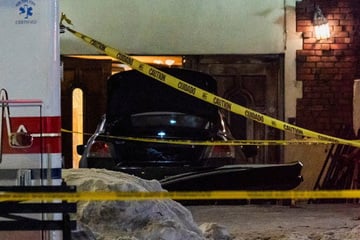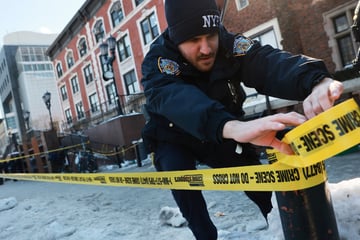"He changed the world": Activists have their say on Marcus Garvey exoneration campaign
Washington DC - As efforts to exonerate Marcus Garvey ramp up, two activists behind the campaign spoke with TAG24 NEWS about the importance of clearing the late pan-Africanist leader's name.
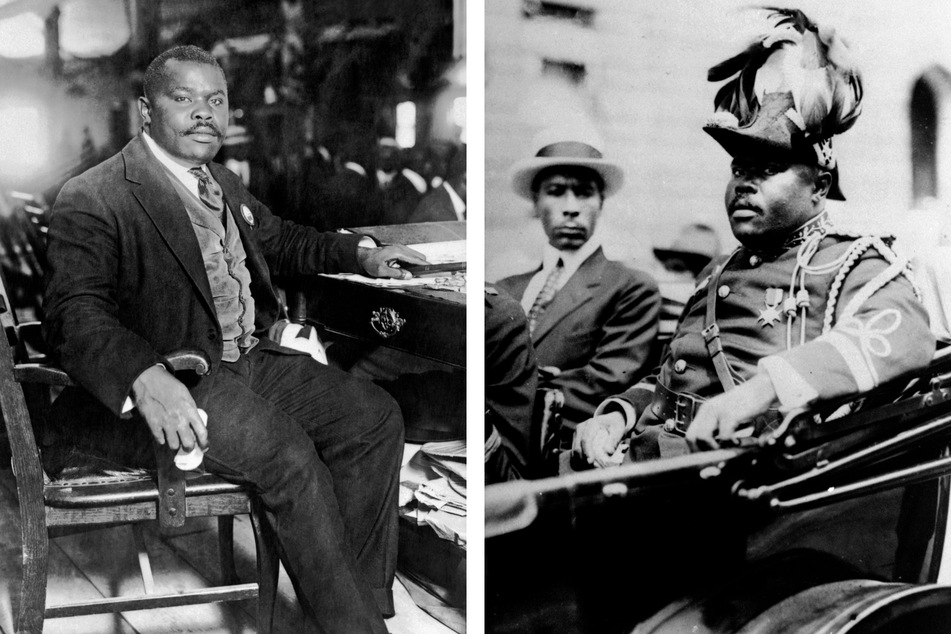
A group of activists, spearheaded by the Caribbean-American Political Action Committee (C-PAC), has launched a Black History Month petition drive calling on the Biden administration to exonerate the late pan-Africanist organizer Marcus Garvey.
Garvey established the Universal Negro Improvement Association (UNIA) in 1914 to advocate for economic independence and political self-determination for people of African descent. In 1916, he moved from his native Jamaica to New York to open a branch in Harlem.
At the height of his success, Garvey had around 6 million followers around the world. His ideas formed the foundation for the later Civil Rights and Black nationalist movements.
Desperate to stop his growing influence, the FBI hired the first Black agents to infiltrate the UNIA and incriminate Garvey. In 1923, he was convicted on trumped-up charges of mail fraud. After two years behind bars, he was deported from the US.
"There was no due process at all. The charges were spurious," activist, attorney, and author Nkechi Taifa told TAG24.
"It was clearly an attempt to disgrace, dishonor, and disparage this Black leader who mobilized millions to seek to be proud of themselves and to have a sense of identity and pride," she added.
Garvey's legacy today
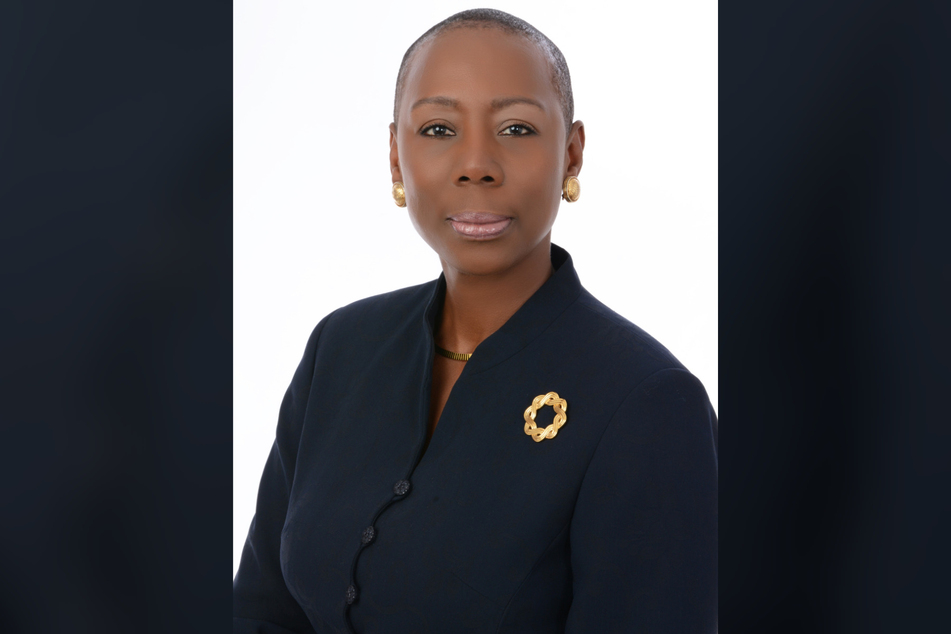
Garvey's legacy of self-empowerment continues to be felt among Black activists today.
As Dr. Goulda Downer, C-PAC chair and Howard University professor, put it, "We are the beneficiaries of his vision because he helped us understand as a people who we are – to clarify for us the essence of our identity and inspire us to take pride in ourselves."
"They thought getting rid of him would have stopped everything, but I think the movement was just buried for a minute."
Anti-colonial and Black nationalist leaders across the Americas, the Caribbean, and the African continent have cited Garvey as a key influence in their own liberation struggles. Downer herself is originally from Jamaica, where Garvey is honored as the country's first national hero.
"When you plant something and it goes underground and germinates, it grows beyond your wildest imagination," Downer said.
"He came here, and he made a difference. He brought hope to some and fear to others," she insisted. "Marcus Garvey changed the world."
Restoration and repair
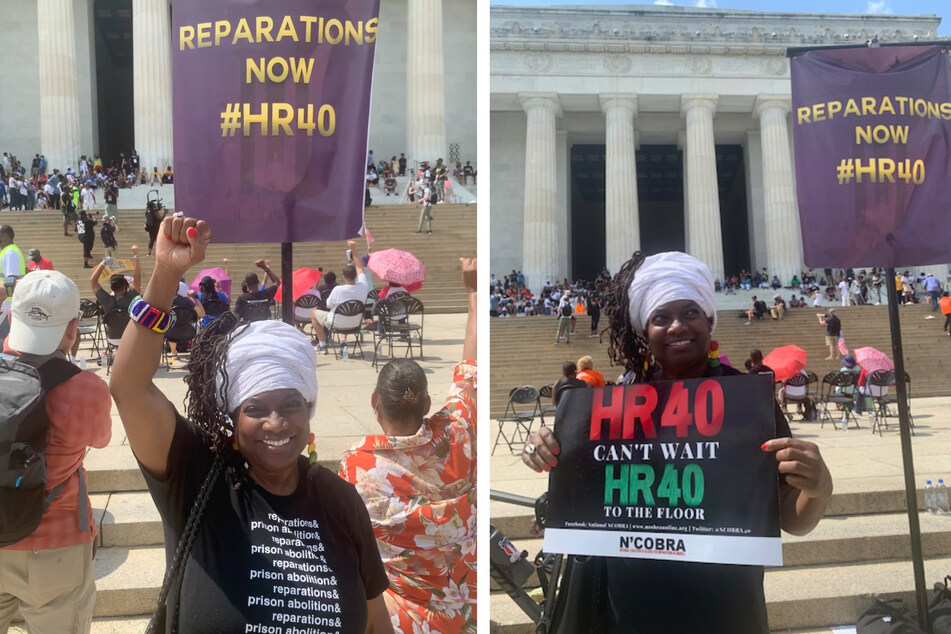
The exoneration campaign for the historic harm inflicted on Marcus Garvey and his family is inherently linked with current struggles for racial and reparative justice, activists say.
Taifa, a prominent reparations advocate, credited Garvey with sowing the seeds for the modern-day movement.
"The reason why a lot of us talk about reparations today is because one of Garvey's key followers, who is known as Queen Mother Audley Moore, kept the issue of reparations alive her entire life," she explained.
For Taifa, an exoneration for Garvey forms "part of a just claim for reparations."
Downer agreed that the posthumous pardon would be an important step toward restoration and healing.
"For his family, I think it would give back to them more than just the dignity of his name. I think it would begin to heal the pain that they have experienced," she said. "We have to deal with this history now or deal with it later, but it has to be dealt with."
"It’s an injustice that should be rectified," Taifa added.
Going full throttle
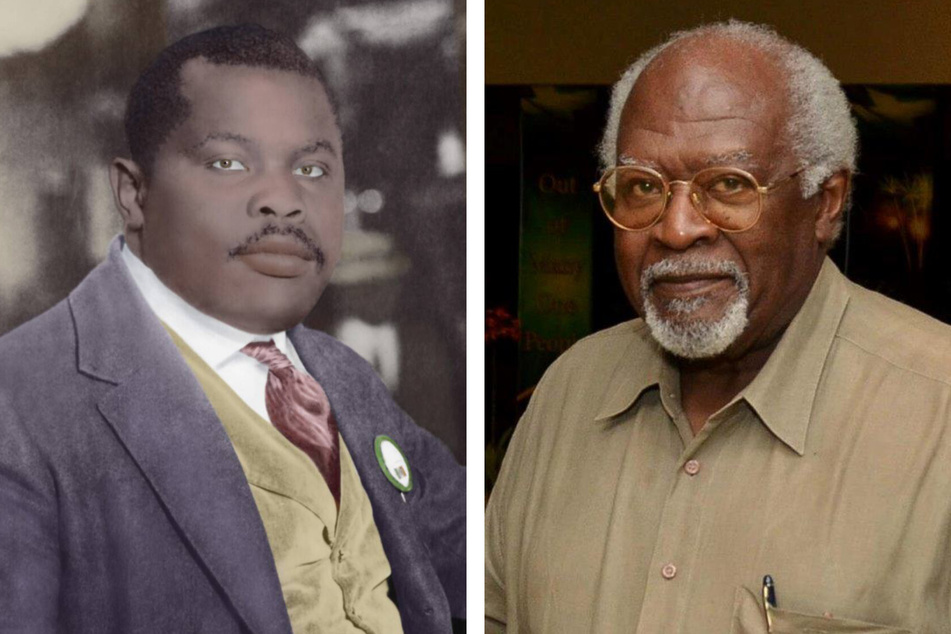
That's why activists are pulling out all the stops in the campaign to collect signatures for the Justice4Garvey petition.
If they succeed in getting 100,000 signatures before the end of the month, President Biden will be obligated to give an official response – the first time any US administration has done so since Garvey's family began fighting for the exoneration in 1987.
"We don't have to wait on anyone to give us anything we need. We can take it," Downer declared. "The first sign of something we can do is go right in and say, 'Here's the 100,000.'"
But the biggest challenge she and other organizers are facing is that they have no way to track how many signatures the White House has received so far.
The uncertainty has only inspired them to redouble their efforts to collect as many signatures as possible from people all around the world.
Downer encouraged everyone to sign and share the petition – and even hit the streets with a laptop to spread the word.
Taifa added that in her conversations with White House officials, the administration needs to feel greater public pressure to act. "They need to see articles; they need to hear it on the radio; they need to hear podcasts; they need to see people out in the streets," she said. "They need to hear the groundswell from the grassroots, so people should do whatever they can to talk about the issue and demand there be historic justice in this matter."
Ultimately, advocates believe an exoneration would prove a unifying force for Black people around the globe.
"Together, we can have a beautiful history and create another future that will astonish the world," Downer said, echoing the words of Marcus Garvey.
Cover photo: Collage: IMAGO / United Archives International
